The American Foundation for the Blind announced Apple among its four honorees to receive a Helen Keller Achievement Award later this June, recognizing the company's contribution to accessibility with VoiceOver.
Apple is the only tech company among the nominees, which also include an actor portraying the blind superhero Daredevil, a visually impaired musician and a pharmaceutical firm that introduced a new treatment for the circadian rhythm disorder.
The group's President & CEO Carl R. Augusto noted, "We are honoring accomplished individuals and companies for their success in improving quality of life for people with vision loss either through groundbreaking innovation or inspirational achievement that changes perceptions about what it means to be visually impaired."
Apple was specifically noted for its work on VoiceOver, an interactive screen reader the company began bundling on its iPods, iOS devices and Macs for free.
The same group previously recognized Apple with an Access Award in 2009 for its pioneering engineering work to make its products accessible to everyone.
Accessibility-Gate, 2014
Last year, Christina Farr of Reuters published a critical article that stated "Apple hasn't been a steady champion" in accessibility, including a selective quote of Apple's chief executive Tim Cook that implied that Apple was sort of indifferent to the needs of its disabled users.
In reality however, Apple has actually pushed accessibility features far ahead of its competitors, particularly in stark contrast to Google's Android. "Apple has done more for accessibility than any other company to date"
In response, Mark A. Riccobono, president of the National Federation of the Blind, castigated the media's attacks on Apple's accessibility work as "inaccurate assertions have been fueled by a provocative and poorly reported article from the Reuters news service."
Riccobono also noted that beyond "commitment to making iTunes and iTunes U accessible to blind users, Apple has gone far beyond the scope of that original agreement and made the vast majority of its products accessible to the blind."
He added, "Apple has done more for accessibility than any other company to date, and we have duly recognized this by presenting the company with at least two awards (including our annual Dr. Jacob Bolotin Award) and publicly praising it whenever the opportunity arises."
Stevie Wonder praised Steve Jobs for Apple's accessibility efforts
In September 2011, blind from birth performer Stevie Wonder called out Steve Jobs during a show, telling his audience, "I want you all to give a hand to someone that you know whose health is very bad at this time. His company took the challenge in making his technology accessible to everyone. In the spirit of caring and moving the world forward, Steve Jobs."
He added, "because there's nothing on the iPhone or iPad that you can do that I can't do. As a matter of fact, i can be talking to you, you can be looking at me, and I can be doing whatever I need to do and you don't even know what I'm doing!"
 Daniel Eran Dilger
Daniel Eran Dilger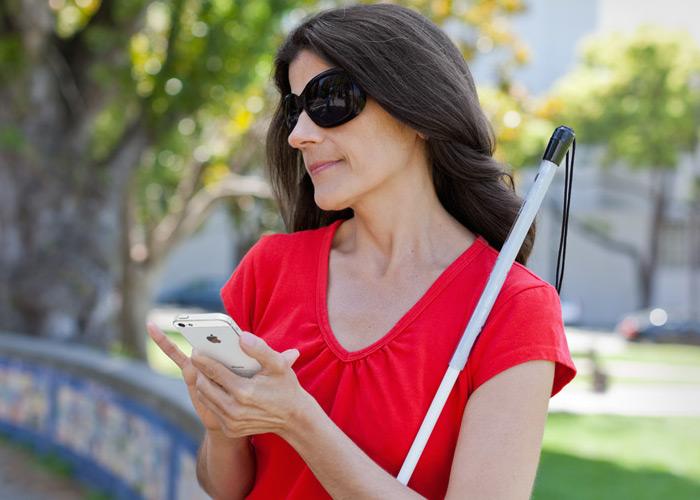
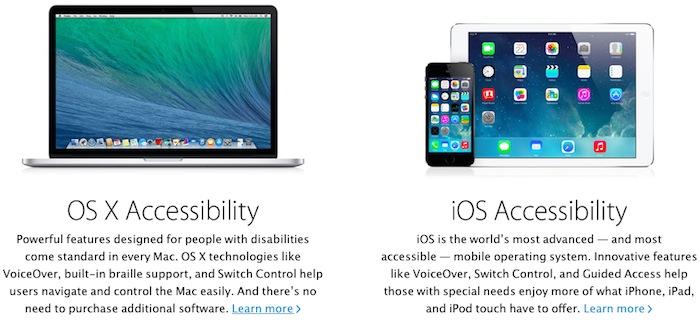


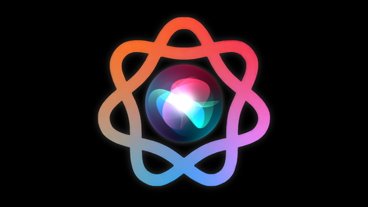










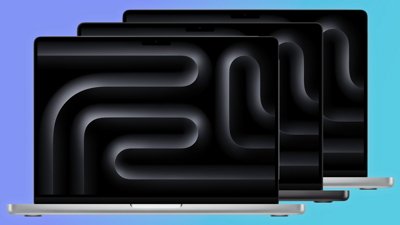
 AppleInsider Staff
AppleInsider Staff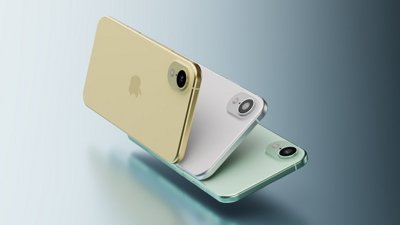
 Malcolm Owen
Malcolm Owen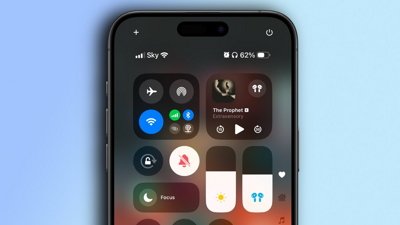
 Oliver Haslam
Oliver Haslam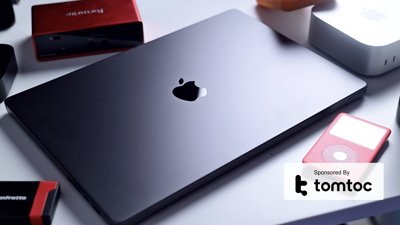
 Andrew O'Hara
Andrew O'Hara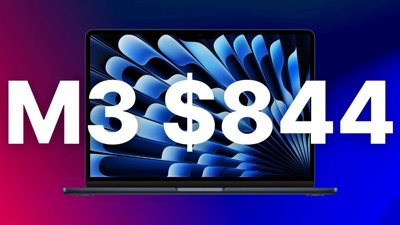
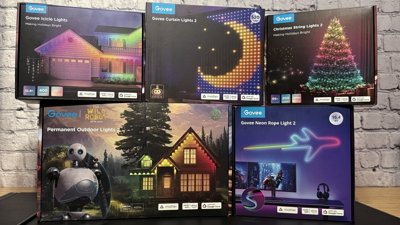
 Wesley Hilliard
Wesley Hilliard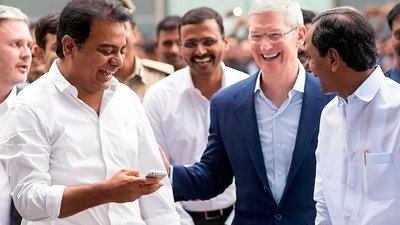
 William Gallagher
William Gallagher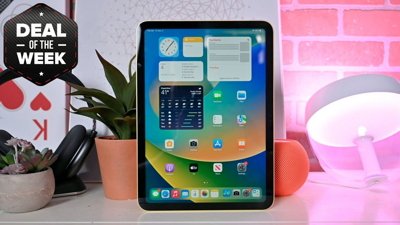
 Christine McKee
Christine McKee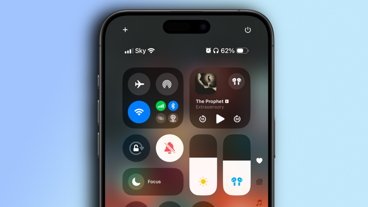
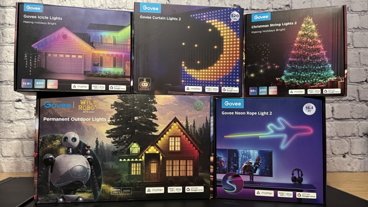
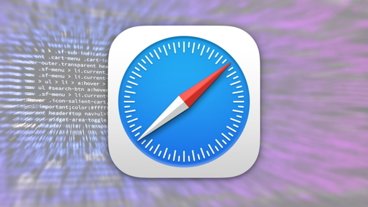






8 Comments
This is a pretty big deal, if you have seen it in action. I was on a bus one time and the blind guy next to me pulled out his iPhone and was navigating all over on his phone checking this and that and so on. It was pretty amazing to see. He said himself it was pretty amazing.
Reuters is full of provocative anti-Apple articles? Shocking! /s
Turn on VoiceOver some time and try it--close your eyes and do stuff with your phone!
Move around to "see" the screen spatially, and double-tap (does't matter where) to select the last-touched thing. But the many other shortcuts go way beyond that:
- Flick left-right to cycle through everything (good for web page navigation).
- Twist two fingers to choose options/modes on a virtual "knob"
- Tap three fingers for a quick description of what's selected
- While drag-navigating with one finger, tap with a second finger (doesn't matter where) to select the last-touched thing. A shortcut instead of double-tap.
It's all very cool (Macs have it too) and goes way beyond the old-style linear screen-readers. You can have 2D navigation without vision, rather than simply 1D. A non-sighted user can find something on a web site on the right side, halfway down, say--just the same way a sighted person does. And so the two people can tell each other where to find stuff on the page. (Just one example of how a 1D linear list, spoken aloud, doesn't achieve the same thing.)
I have a close friend who has been blind for 40 years as a result of a car accident. He finally switched to iPhone from a really old Nokia about a year ago. He has nothing but complaints about iPhone/iOS. I mean he really, really hates it. He is a Windows computer expert, incredibly a very successful programmer and he just doesn't like the way iOS works. He has a lot of issues some of which he has resolved with a lot of searching on the internet.
He actually wrote a screen reading app for Nokia which he liked much better than iOS VoiceOver. He would have kept using the Nokia except it finally just quit working after about 10 years. I think the main problem is the iPhone is just so much more complex than the old Nokia smartphones. The other thing is when you are blind and so used to tactile feedback of the old style keyboard, touch is very unfamiliar.
He is also quite critical of the American Foundation for the Blind.
[quote name="mstone" url="/t/186152/apple-voiceover-accessibility-receives-award-from-american-foundation-for-the-blind#post_2720618"]I have a close friend who has been blind for 40 years as a result of a car accident. He finally switched to iPhone from a really old Nokia about a year ago. He has nothing but complaints about iPhone/iOS. I mean he really, really hates it. He is a Windows computer expert, incredibly a very successful programmer and he just doesn't like the way iOS works. He has a lot of issues some of which he has resolved with a lot of searching on the internet. He actually wrote a screen reading app for Nokia which he liked much better than iOS VoiceOver. He would have kept using the Nokia except it finally just quit working after about 10 years. I think the main problem is the iPhone is just so much more complex than the old Nokia smartphones. The other thing is when you are blind and so used to tactile feedback of the old style keyboard, touch is very unfamiliar. He is also quite critical of the American Foundation for the Blind. [/quote] It's sad that he can't open his eyes, but perhaps he should open his mind.